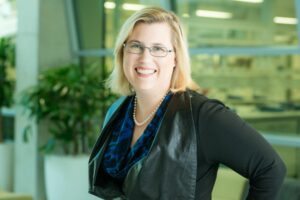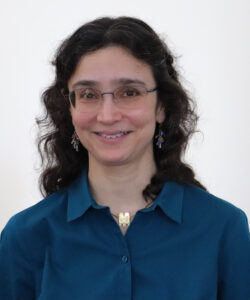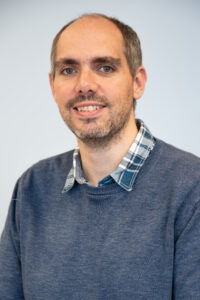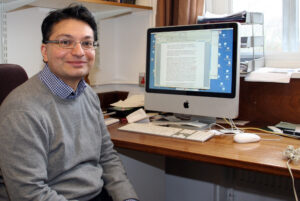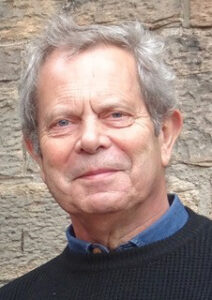The Society is delighted to announce our 2023 Prize Lecture recipients, many of whom will be giving their lecture at our Annual Conference, Physiology 2023, which will be held from 10-12 July 2023 in the picturesque spa town of Harrogate, North Yorkshire.
- Annual Public Lecture: Professor Andrew Murray MBiochem DPhil
- Annual Review Prize Lecture: Professor Anant Parekh FRS FMedSci MAE
- Bayliss-Starling Prize Lecture: Professor Neil Herring DPhil FRCP FHRS
- GL Brown Prize Lecture Series: Professor Sandip Patel FRSB MAE
- Hodgkin-Huxley-Katz Prize Lecture: Professor Indira M. Raman PhD
- Joan Mott Prize Lecture: Professor Janna Morrison FAPS
- Otto Hutter Teaching Prize Lecture: Dr David Greensmith
- Paton Prize Lecture: Professor Richard Morris FRS FMedSci CBE
- R Jean Banister Prize Lecture Series: Dr Tammie Bishop
Annual Public Lecture
Our Annual Public Lecture brings some of the most exciting and outstanding physiological research to the public. The Lecture is designed to raise the awareness of physiology and illustrate its importance to all audiences, particularly schools. The winner of the 2023 Annual Public Prize Lecture is Professor Andrew Murray. He will be giving this lecture as part of our Annual Conference, Physiology 2023.
About the winner: Professor Andrew Murray MBiochem DPhil
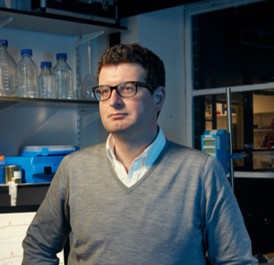
Andrew Murray is the Professor of Metabolic Physiology at the University of Cambridge. His research interests lie in the mitochondrial responses to altered oxygen and nutrient supply, including the implications for function and health at the level of the tissue, organ and organism. Andrew has a long-standing interest in high-altitude physiology, and he is a co-Principal Investigator in the Xtreme Everest Oxygen Research Consortium. In this role, Andrew and his group have studied cardiac and skeletal muscle energetics in climbers on Everest, and the mitochondrial adaptations of highlander populations, such as the Sherpa people. A major current thread of Andrew’s research includes the study of placental metabolic function at altitude, including in adapted populations; work which has implications for pregnancies at sea level in which oxygen supply to the placenta and fetus is altered.
Annual Review Prize Lecture
The Annual Review Prize Lecture is The Society’s premier award. It recognises research that has a wide interest and impact. The winner of the 2023 Annual Review Prize Lecture is Professor Anant Parekh. He will be giving this lecture as part of our Annual Conference, Physiology 2023.
About the winner: Professor Anant Parekh FRS FMedSci MAE
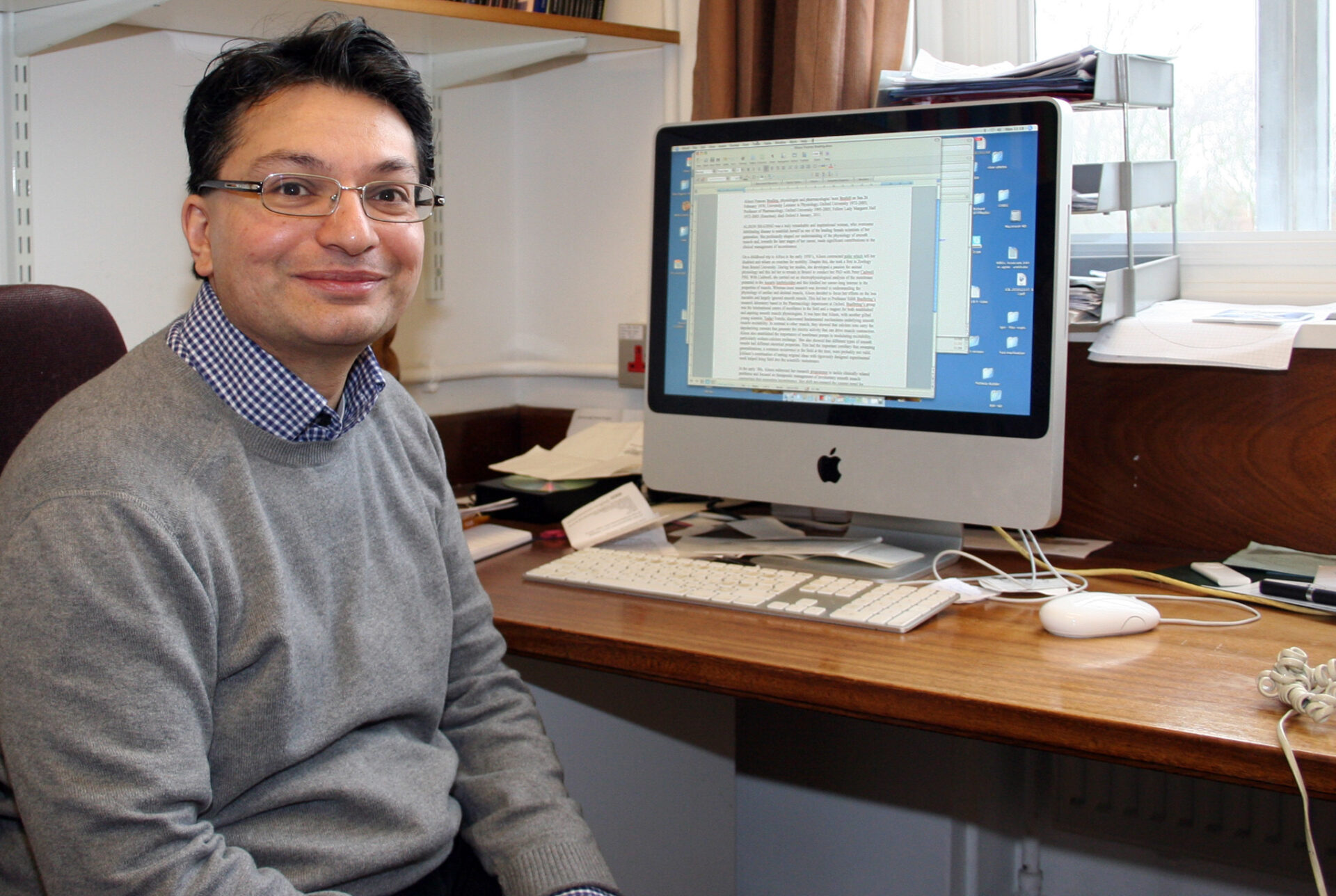
Anant Parekh was a medical student at Oxford University, where he obtained his undergraduate and doctoral degrees (both at University College). He then moved, initially as an Alexander Von Humboldt Scholar, to the Max Planck Institute for biophysical Chemistry in Goettingen, Germany, where he worked in Nobel laureate Professor Erwin Neher’s department with Professor Walter Stuehmer and then Professor Reinhold Penner. He moved back to Oxford (Physiology) in 1997 as a Wellcome Trust Career Development Fellow and Sir Edward Abraham Research Fellow at Keble College. He was subsequently awarded a Lister Institute Senior Research Fellowship, Amersham Medical Fellowship (Keble College) and then Monsanto Senior Research Fellowship (Exeter College, Oxford). In 2002, he was appointed to a University Lectureship (Physiology Department) and Tutorial Fellowship (Lady Margaret Hall). In the same year, he was awarded a personal chair. In 2016, he became Director of the Centre of Physiology at Oxford and a Fellow of Merton College.
In 2019, he moved to the NIH to take upon the Chair in the Department of Signal Transduction. He remains an adjunct Professor of Physiology at Oxford.
Anant Parekh’s research interests are on intracellular calcium signalling and how changes in calcium can engender a wide range of cellular responses. In particular, his work has focussed on the molecular properties and function of store-operated calcium channels in the plasma membrane, how these channels interact with intracellular organelles like mitochondria and how these fundamental elements go awry in human disease, with a focus on allergies and asthma.
He was awarded the Wellcome Prize in Physiology (2002), India International Foundation Prize (2009), GL Brown Prize from the UK Physiological Society (2012), Batsheva de Rothschild Prize (2019). He is a member of Academia Europaea, a Fellow of the Academy of Medical Sciences and a Fellow of the Royal Society.
Bayliss-Starling Prize Lecture
This is an annually awarded lecture made possible by a generous donation from the Bayliss and Starling Society. It is given to early career as well as established physiologists in alternate years. The winner of the 2023 Bayliss-Starling Prize Lecture is Professor Neil Herring. He will be giving this lecture as part of our Annual Conference, Physiology 2023.
About the winner: Professor Neil Herring DPhil FRCP FHRS
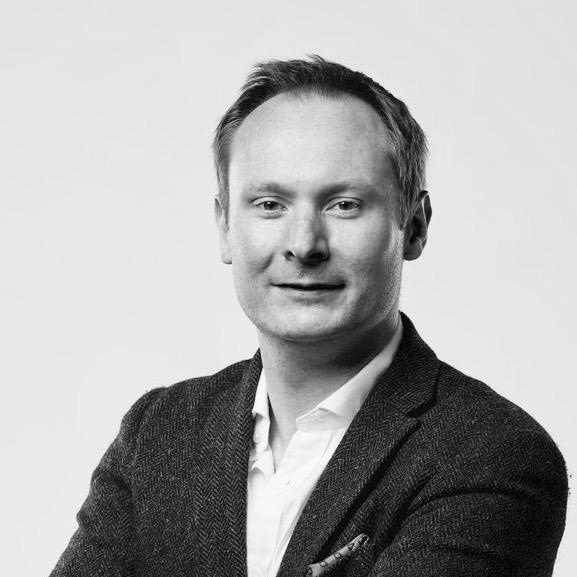
Neil Herring was born in Grimsby, North East Lincolnshire, attended a state comprehensive school and was the first in his family to go to University. He completed his PhD (DPhil, 2001) and medical degree (2004) at the University of Oxford, before undertaking medical training in Bath, Northampton, London and as a Clinical Lecturer in Oxford. After becoming a Consultant Cardiologist (CCT 2013), he became an Associate Professor at Oxford in 2015 and was awarded Intermediate (2015) and Senior (2021) Clinical Research Fellowships from the British Heart Foundation. He leads a translational research group in the Department of Physiology, Anatomy and Genetics investigating autonomic nervous system dysfunction in hypertension, myocardial infarction, and heart failure, publishing in high impact journals such as the European Heart Journal, JAMA Cardiology, Nature Cardiovascular Research and Nature Reviews Cardiology. His clinical work is based at the Oxford Heart Centre of the John Radcliffe Hospital. Neil is widely involved in medical education as the Director of Studies for Medicine at Exeter College, Oxford and co-author of the textbooks “Basic Science for Core Medical Training” and “Levick’s Introduction to Cardiovascular Physiology”. Neil is a fellow of the Royal College of Physicians (UK) and the Heart Rhythm Society. He is married with two young daughters.
GL Brown Prize Lecture Series
The GL Brown Prize Lecture Series is aimed at an early career audience to stimulate an interest in physiology. The winner of the 2023 GL Brown Prize Lecture Series is Professor Sandip Patel. Departments can invite Professor Sandip Patel to their institutions during 2023 to showcase his research.
About the winner: Professor Sandip Patel FRSB MAE
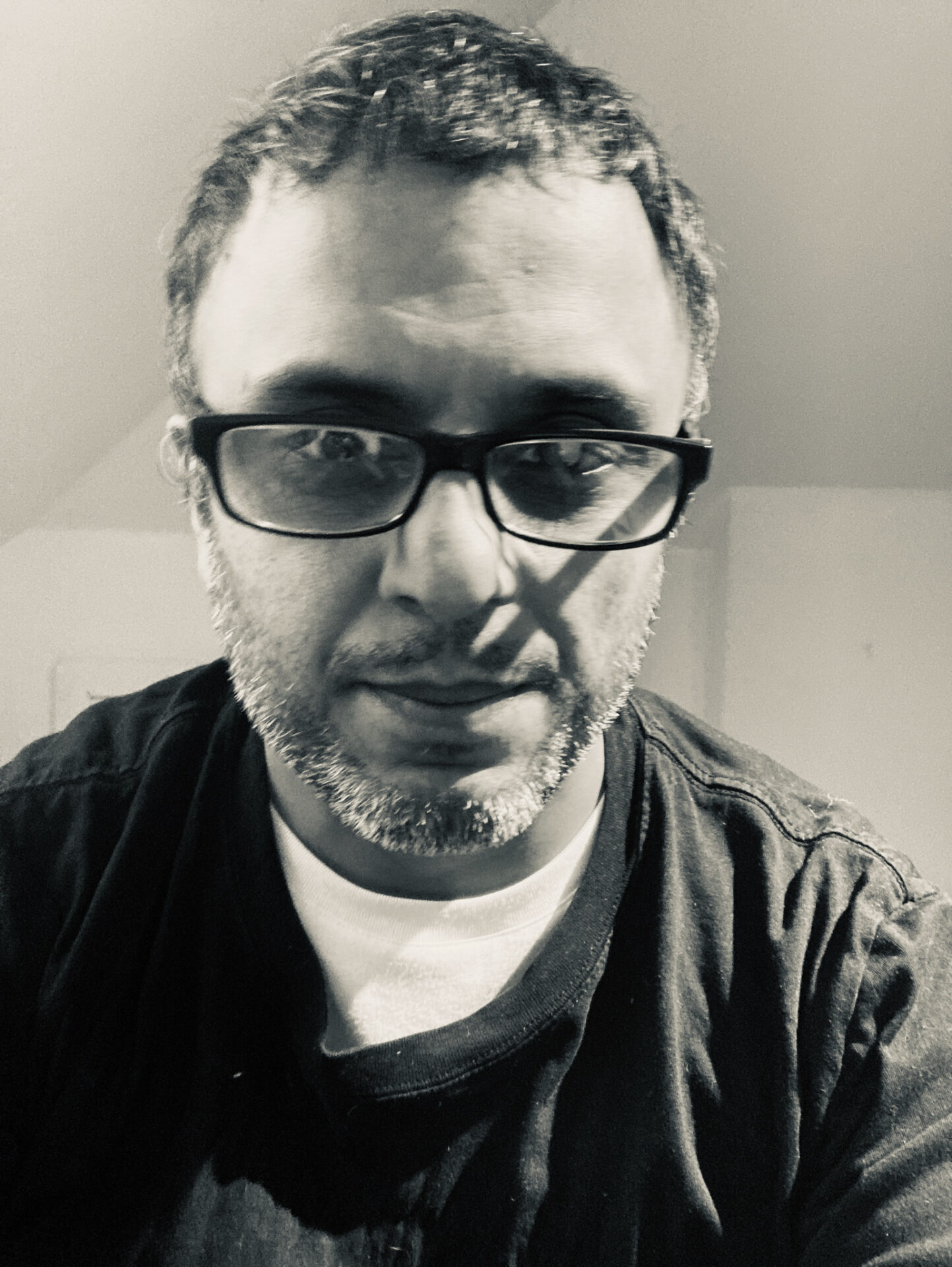
Sandip Patel is a Professor at UCL. He trained as a Medical Biochemist (Birmingham) and obtained his PhD in Pharmacology (Cambridge) with Colin Taylor followed by postdoctoral work with Andrew Thomas (Philadelphia/Newark) and Antony Galione (Oxford) as a Wellcome Trust International Travel Prize fellow. He started his own lab in Oxford which he moved to London in 2001, where is currently the Deputy Head of the Department of Cell and Developmental Biology.
Sandip’s work has helped develop the concept that acidic organelles such as lysosomes serve as patho-physiologically relevant stores of Ca2+.
He is and a member of several Editorial boards (including Cell Calcium) and Funding agency panels (including the Medical Research Council).
Hodgkin-Huxley-Katz Prize Lecture
This is a prestigious biennial lecture awarded to distinguished physiologists working outside the United Kingdom or Republic of Ireland. The Lecture celebrates the international impact of the work of Alan Hodgkin, Andrew Huxley and Bernard Katz. The winner of the 2023 Hodgkin-Huxley-Katz Prize Lecture is Professor Indira Raman. She will be giving this lecture as part of our Annual Conference, Physiology 2023.
About the winner: Professor Indira M. Raman PhD
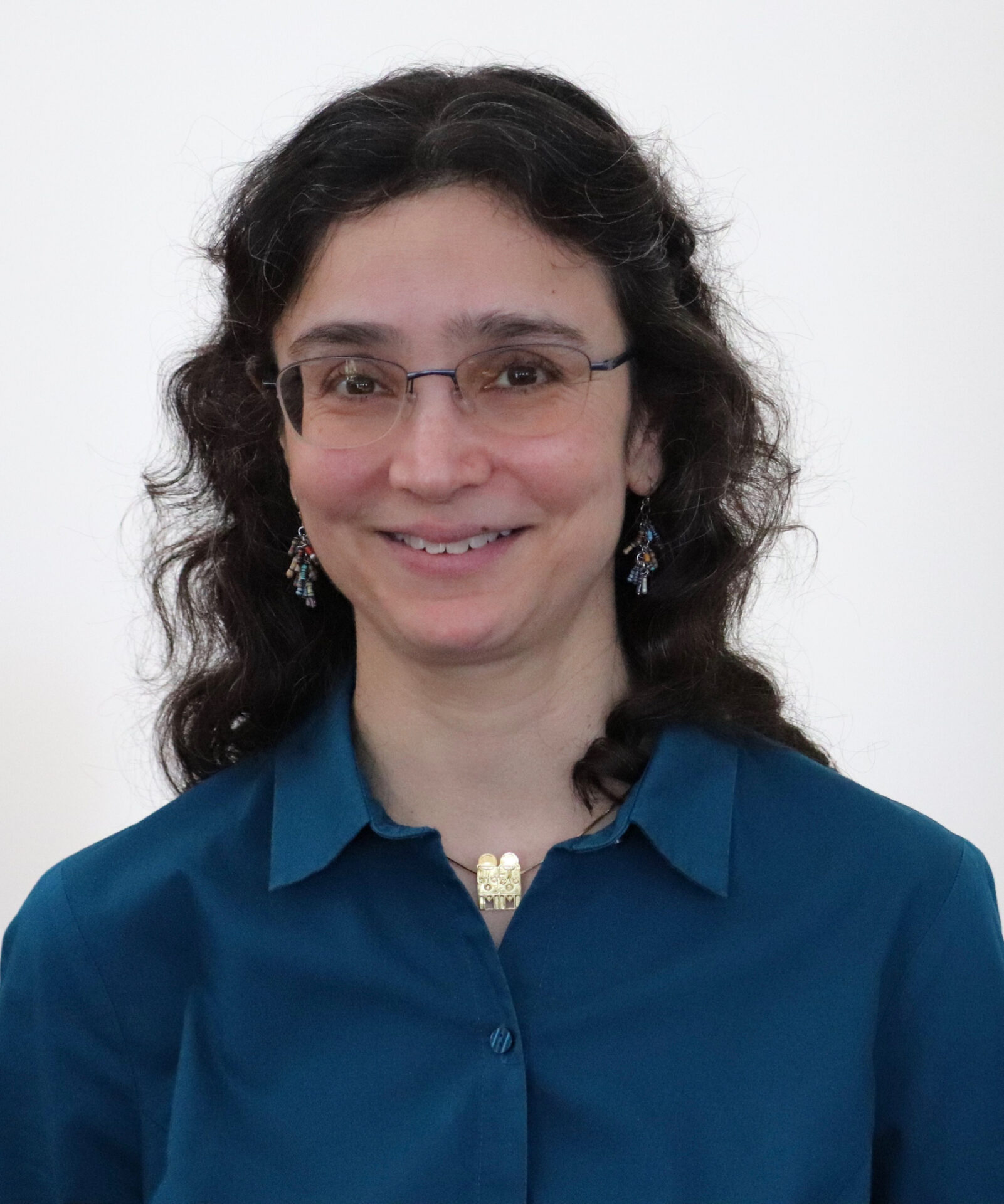
Indira M. Raman is a Professor in the Department of Neurobiology at Northwestern University, where she holds the Bill and Gayle Cook Chair in Biological Sciences. She completed her PhD in Neuroscience at the University of Wisconsin-Madison with Larry Trussell and postdoctoral training at the Vollum Institute with Craig Jahr followed by Harvard Medical School with Bruce Bean. Her research is in the areas of ion channel biophysics, synaptic transmission, and cerebellar physiology. She is the recipient of a Javits Neuroscience Investigator Award and a Research Program Award from the National Institute of Neurological Disorders and Stroke (NINDS) and is a Fellow of the American Academy of Arts and Sciences. She has served on National Institutes of Health study sections, the NINDS Board of Scientific Counselors, and the NINDS Advisory Council, and she has been a reviewing editor for the Journal of Neuroscience, Biophysical Journal, and eLife. She has also served as Director of the Northwestern University Interdepartmental Neuroscience (NUIN) graduate training program. She has received awards for her teaching and scientific training of graduate and undergraduate students, including a Charles Deering McCormick Professorship of Teaching Excellence. Essays in which she has expressed her perspectives on scientific research and training have been published in Neuron and eLife. With co-author David Ferster, she has written a book entitled “The Annotated Hodgkin and Huxley: A Reader’s Guide” (Princeton University Press, 2021) as a teaching tool for the fundamental papers in cellular physiology.
Joan Mott Prize Lecture
This is an exciting biennial lecture with a focus on the women in physiology, and is usually also given by a female physiologist. The winner of the 2023 Joan Mott Prize Lecture is Janna Morrison. She will be giving her lecture as part of our Annual Conference, Physiology 2023.
About the winner: Professor Janna Morrison FAPS
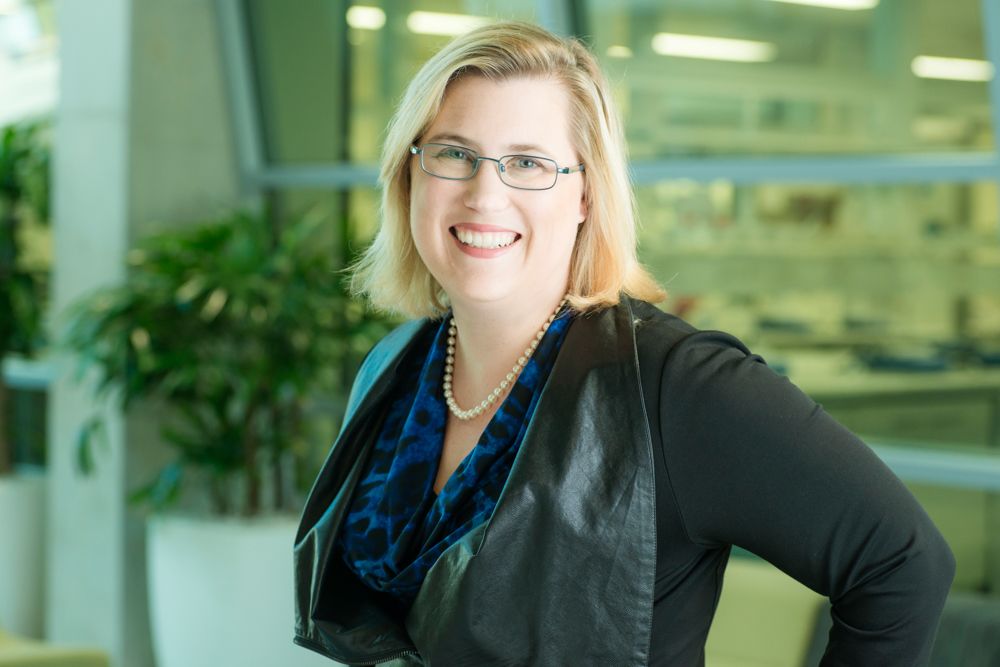
Janna obtained her Masters in Physiology from the University of Western Ontario in 1998 and her PhD in Reproductive and Developmental Sciences from the University of British Columbia in 2001. She completed a post doc at the University of Toronto in respiratory physiology and then moved to Adelaide. She completed a postdoc at the University of Adelaide where she held Heart and Stroke Foundation of Canada and then National Heart Foundation (NHF) Postdoctoral fellowships (PDF). She moved to University of South Australia in 2006 with the award of another NHF PDF. Since then, she has held 3 NHMRC/NHF Career Development Fellowships and an ARC Future Fellowship. She is an internationally recognised physiologist, with adjunct positions at Sick Kids Hospital and University of Toronto. In the last 5 years she has been awarded over >$7M of funding as lead investigator and published over 200 peer-reviewed articles in her career.
Janna is Director of Health and Biomedical Innovation at the University of South Australia and Head of the Early Origins of Adult Health Research Group. She is a Fellow of the Cardiovascular Section of the American Physiological Society. She was awarded the Australian Physiological Society Medal Lecture in 2022. She is Reviewing Editor for The Journal of Physiology and Editor of Themed Issues for the Journal of the Developmental Origins of Adult Health.
Her research focusses on how the fetal cardiovascular system responds to changes in nutrient supply during pregnancy, using MRI to study blood flow and oxygenation in preclinical models of fetal growth restriction. Her work in the field of fetal physiology, where she is pioneering the use of MRI to detect the cardiovascular effects of fetal growth restriction with the goal of improving heart health across the lifespan.
Otto Hutter Teaching Prize Lecture
This annual prize recognises excellence and originality in physiology teaching at undergraduate level. Special consideration is given to those nominations that provide evidence of innovation in teaching and learning activities. The winner of the 2023 Otto Hutter Teaching Prize Lecture is Dr David Greensmith. He will be giving his lecture as part of our Annual Conference, Physiology 2023.
About the winner: Dr David Greensmith
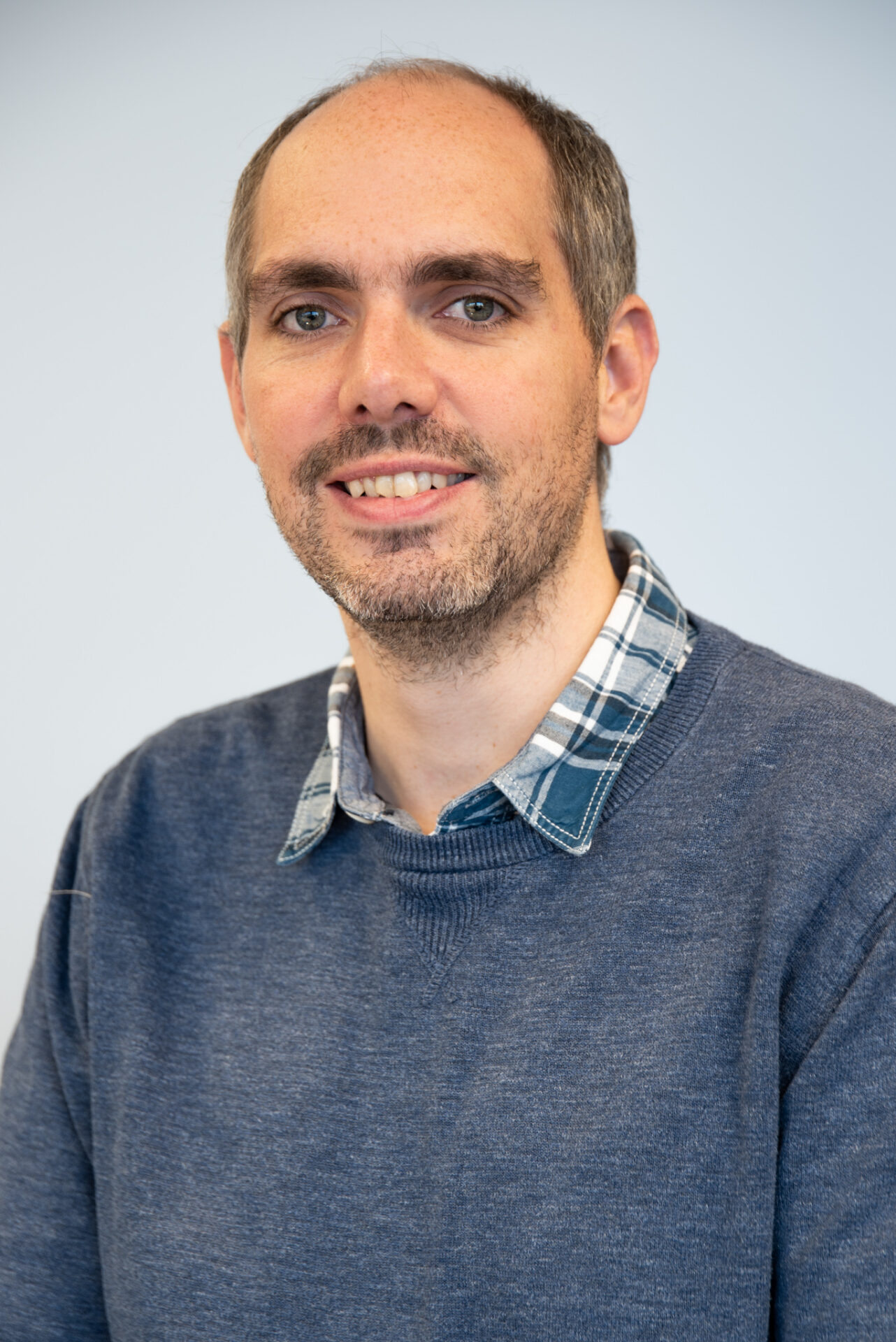
In 2005, David graduated from The University of Salford with a degree in Biological Sciences. He then completed a PhD and two post-doctoral positions in cardiac physiology with Professors David Eisner, Mahesh Nirmalan and Andrew Trafford at The University of Manchester. In 2014, David returned to The University of Salford as a lecturer in Biomedical Science where he is now Reader and Associate Dean for International Development. At Salford, David established an independent cardiac research group with interests in inflammatory cardiovascular disease and drug-induced cardiotoxicity. He acts as The Physiological Society representative for The University of Salford, twice-elected committee member of the British Society for Cardiovascular Research and Associate Editor for Current Research in Physiology.
David thoroughly enjoys teaching physiology and watching an enthusiasm for the field develop in undergraduates. He led two physiology modules and a Human Biology & Infectious Diseases degree programme and actively encourages undergraduate engagement with The Physiological Society. With his colleagues Dr Sara Namvar and Professor Niroshini Nirmalan, David co-leads several extra-curricular initiatives that seek to enhance widening participation, inclusivity, equality and employability for all students, including those from underrepresented backgrounds or regions with high social deprivation and poor progression to higher education.
Paton Prize Lecture
The Paton Prize Lecture aims to promote interest in the history of scientific experiments and ideas. It is given on an historical aspect of physiology. The 2023 Paton Prize Lecture winner is Professor Richard Morris, who will give his lecture at our Annual Conference, Physiology 2023.
About the winner: Professor Richard Morris FRS FMedSci CBE
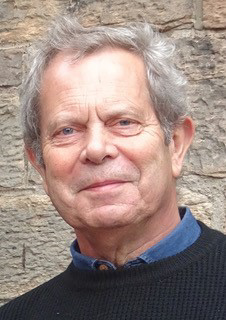
Richard Morris is Professor of Neuroscience in Edinburgh and was, until recently, Director of the Centre for Cognitive and Neural Systems. He read Natural Sciences at Cambridge and did his D.Phil at the University of Sussex. His early career included a period helping to build an exhibition at the Natural History Museum and working for BBC Television, before taking up a Lectureship in Scotland. He served, by secondment, as Head of Neuroscience and Mental Health at the Wellcome Trust from 2007 to 2010, where he helped to set up the new Sainsbury-Wellcome Centre for Neural Circuits and Behaviour at UCL and the research charity MQ:Transforming Mental Health. He also set up Edinburgh Neuroscience in 2005 jointly with the clinical neurologist Charles Warlow which they directed together for its first 5 years. He remains active in University teaching with his longstanding research interest being the neurobiology of cognition, particularly the role synaptic plasticity in memory formation. A specific focus has been on the automaticity of many aspects of memory formation and, mediating this, the neural mechanisms of memory encoding and memory retention. He was a co-recipient with two prominent physiologists, Tim Bliss and Graham Collingridge, of the The Brain Prize (Lundbeck Foundation, Copenhagen). He an elected Fellow of the Royal Society in 1997, the Academy of Medical Sciences (1999), the Norwegian Academy of Science and Letters (2007) and of the National Academy of Sciences (USA, 2020). He was appointed CBE in 2007.
R Jean Banister Prize Lecture Series
The R Jean Banister Prize Lecture Series is awarded to early career physiologists and is delivered in three or four locations across the UK and Ireland. The 2023 R Jean Banister Prize Lecture Series recipient is Dr Tammie Bishop. Departments can invite Tammie to their institution to showcase her research.
About the winner: Dr Tammie Bishop
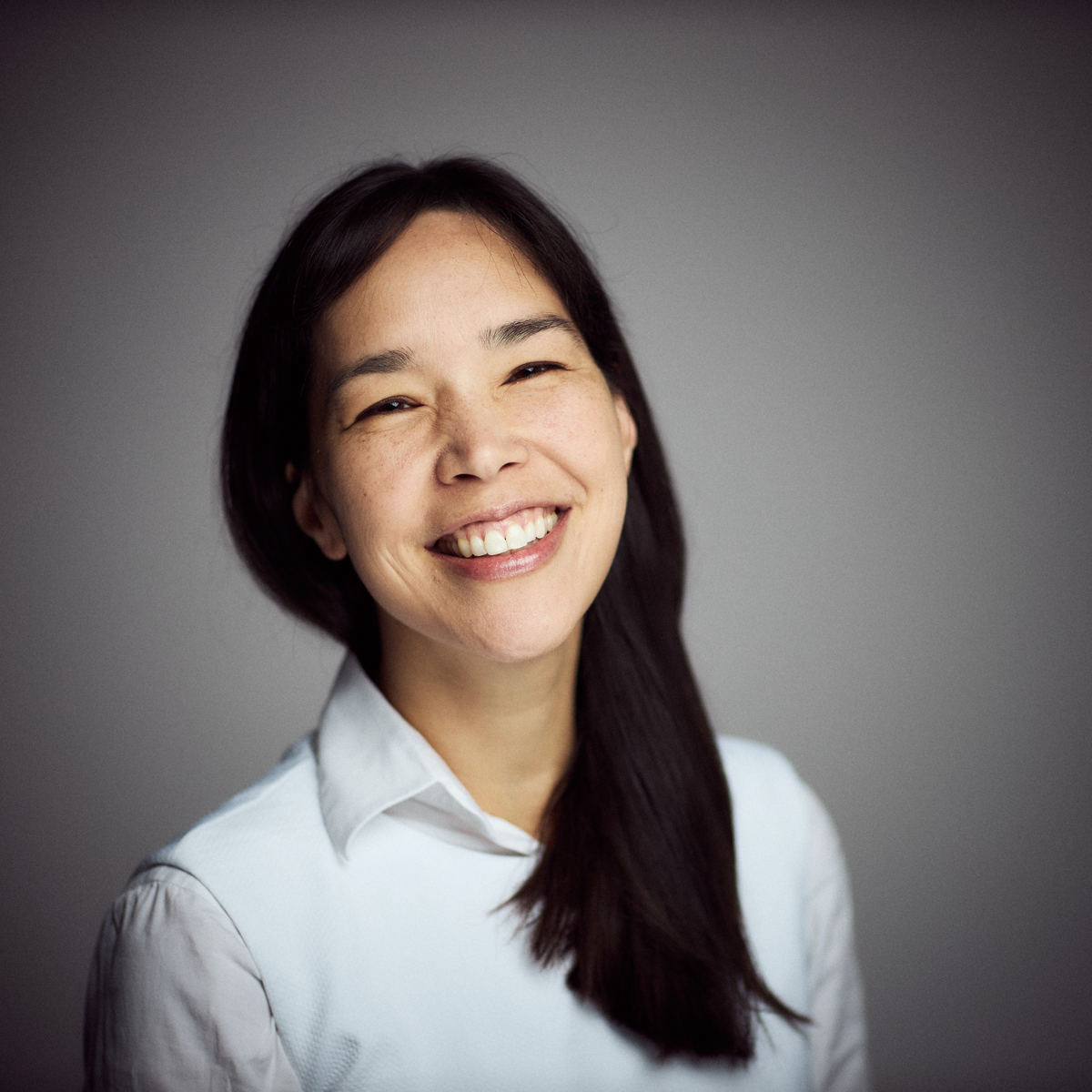
Tammie Bishop is a University Research Lecturer at Ludwig Cancer Research, University of Oxford, UK where she leads a group investigating the role of HIF-2 in the carotid body, a sensory structure which mediates ventilatory responses to low oxygen or hypoxia. In addition, she supervises DPhil students and lectures undergraduate medical students. She read Natural Sciences at Trinity Hall, Cambridge University followed by a PhD at Cambridge University in mitochondrial bioenergetics with Professor Martin Brand. She then moved to Oxford as a postdoctoral research scientist to study hypoxia signalling pathways with Professor Sir Peter Ratcliffe. The focus of her research is in understanding the interplay between cellular oxygen sensing mechanisms occurring over different time-scales. This includes the long-term, transcriptional response mediated by the hypoxia-inducible factor (HIF) pathway, which operates ubiquitously across cells, and the rapid electrophysiological response elicited by hypoxia in specialised cell types, such as the carotid body. Her work, funded by Ludwig Cancer Research and the Paradifference Foundation, shows that the HIF-2 isoform spans these two systems in being critical to ventilatory control in response to both acute and chronic hypoxia, in line with its uniquely abundant expression in the carotid body. Her work also describes the pathological role of HIF-2 in cancers of this and related tissues (collectively termed pheochromocytomas and paragangliomas or PPGLs), where HIF pathway mutations are common.

